Bestowing the opportunity to reset the health, Dry January Health Benefits as an annual practice for numerous individuals. Overindulgence during holidays or simply pushing oneself to the limits, Dry Jan opens a chance for one’s body to recuperate and debar alcohol. This article will, thus, talk about the different health benefits – physical, mental, emotional, brought about by Dry January.One will also describe how the human body changes after 30 days of “dryness” and what all permanent effects occur because one abstains from the spirit.
Dry January: What Are the Benefits and Drawbacks?
What Are the Benefits of Dry January?
Diving headlong into Dry January, then, has a positive immediate effect at both the physical and psychological levels. Among the many benefits associated with taking a month off drinking are:
- Improved Sleep:Most people report significant improvement in sleeping after several days of at least drinking.
- Weight Loss: People lose weight once they stop drinking because alcohol is calorie-rich.
- Better Skin:Alcohol can dehydrate your skin and cut out usually produces a more clear and well-hydrated complexion.
- Enhanced Mental Clarity:Without the effect of alcohol on your mind, your cognitive activity will be improved, and you might feel more alert and awake.
- Boosted Immune System:Having just a month not drinking alcohol allows your immune system to function better, leading to a reduced possibility of catching a cold or sickness.

Drawbacks of Dry January
Yet while many great things can be said about Dry January, challenges are not lacking. Social situations become difficult, and some of the people would experience craving and also feel deprived. Well, all that can be handled with the right planning and support.
Benefits of Dry January Health Benefits When You Can Expect to See Results
The advantages derived from participating in Dry January are normally felt right away, but the outcomes will become clearer later. Within two or three days, you might see:
- Enhanced Hydration: The absence of alcohol from your system lets your body be more fully hydrated thus accelerating energy and skin quality.
- Moods Lifted: For many individuals, taking a break from alcohol has resulted in a mind free from anxiety and disarray within a few days.
- Better Sleep:Aside from making you tired, alcohol disturbs your sleep cycle and by quitting, you can attain deeper and restful sleep.
Most people experience tremendous improvements in their mental and physical health towards the end of the thirty days with benefits like better liver function, stable and increased energy, and even skin improvement. Among the long-term effects of quitting alcohol would be improved heart health, lowered risks of chronic diseases as well as a healthier body in general.
Dry January: Giving Up Alcohol Can Mean Better Sleep
The most prompt and apparent benefit of a Dry January is improved sleep. Alcohol has the peculiar effect of making a person sleepy, but it then prevents the person from sleeping well. After just a couple of days of being dry, many people already begin to notice an improvement in their sleeping quality-they wake up feeling refreshed and full of energy.
What Happens to Your Body After 1 Month of No Alcohol?
30 days without drinking and your body will really start feeling good inside. After a month, you’ll be surprised by how you could notice a difference.
- Liver Health:The liver gets opportunities for regeneration and detoxification by minimizing the inflammatory responses that lead to better function efficiencies.
- Clearer Skin:Your skin becomes dehydrated and develops spots. After a month, many individuals develop a more alive and younger-looking skin.
- Increased Energy:Your organism is no longer up to dealing with all those toxins that it must process when alcohol intake occurs and leads to elevated energy levels.
- Improved Digestion: Alcohol can cause a lot of havoc in an already irritated digestive system, but one month without it will allow it all to finish repairing, ultimately resulting in better digestion and less bloating.
What Are the Benefits of 30 Days of No Alcohol?
Changes in health after stopping for thirty days from drinking alcohol are significant. These are just some of the modifications that can happen:
- Mental Clarity:With cognitions like focusing and memory or even decision-making free from alcohol’s influence, cognitive functioning raises.
- Weight Loss: Alcohol tends to be full of calories, and thereby abstaining from its consumption usually results in natural loss of weight.
- Better Relationships: Most people tend to be very distracted while drinking and need alcohol to get into a social mood.
What Happens to Your Liver During Dry January?
The organ which is affected heavily due to alcohol consumption is the liver. Body should hang out together with regard to its intake of alcohol because this organ is vital. Dry January is a time for the liver to undergo recovery and rejuvenation. After just 30 days, your liver will have a chance to:
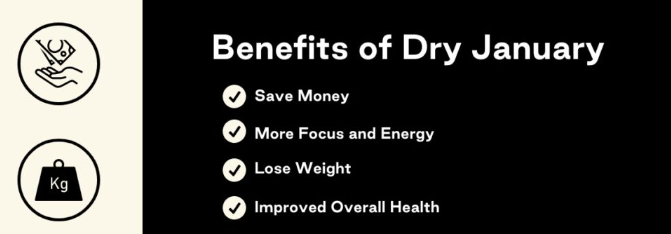
- Decrease the fatty deposits.
- Decline inflammation.
- Enhanced filtration of toxins from the body.
What Can a Dry January Do for Your Body?
The positive effects of Dry January extend to every part of your body. What to expect after 30 days of having no alcohol:
- Improved Heart Health:Drinking alcoholic beverages may predispose one to heart disease while a month-long abstinence would help lower blood pressure and enhance the heart’s functioning.
- Better Digestion:Your gastrointestinal tract can recover from all possible damaging effects of alcohol and eventually be able to absorb more nutrients and produce less gas.
- Enhanced Mood: Negative effects of alcohol may sometimes appear on mental health, but the one-month period of abstinence may bring a beneficent and uplifting emotional condition by a change of mood and anxiety reduction.
What Are the Health Benefits of Dry January?
The optimal health benefits of Dry January extend beyond merely detoxification. Some of these benefits include:
- A healthier liver and improved liver function.
- Better hydration, resulting in more radiant skin.
- Improved sleep quality and more restful nights.
- Increased mental clarity and enhanced cognitive function.
- Reduced inflammation and a decreased risk of chronic diseases.
What are the mental health benefits of Dry January?
It improves the mental well-being of those participating in Dry January. As a depressant, alcohol causes mood swings, anxiety, and depression. People who quit drinking alcohol for a month usually report less anxiety and more emotional stability and mental clarity. Under the influence of alcohol, people can’t really stress manage and learn healthier coping skills.
On the other hand, Dry January offers people the chance to reset: rethink their relationship with alcohol and improve their overall mental health.
What happens to your body after 1 month of no alcohol?
The body undergoes a phenomenal change after a month without alcohol; the liver gets its opportunity to repair and regenerate after having worked selflessly to filter all the toxins. Claims by many about feeling exhilarated have often accompanied this improved quality of sleep, digestion, and skin complexion.
Meanwhile, if blood pressure gets better after 30 days, the chances of acquiring a coronary disease get slimmer, given that most penetrating effects are seen in weight loss, which alcohol greatly contributes to as an empty calories reservoir, and the decrease in bloating and inflammation. However, most important of all, is the fact that most of them have a more positive view about life and even feel empowered to practice healthier habits long after the Dry January ends.
Can Dry January help reduce my alcohol dependency?
To be honest, a Dry January can be a good onset step toward reducing dependence on alcohol. In a month committed to being alcohol-free, people can get out of the habit of regular drinking as well as take stock of how they relate to alcohol.
So many participants discover that this “month free from alcohol” actually brings other benefits, such as better sleep, clear-headedness, and a leavened mood. They then feel motivated to keep drinking less in the future. Studies show that those who do Dry January tend to have healthier drinking habits later on and drink even less by the end of the year, thus making it quite a useful weapon for anyone trying to cut back or eliminate it altogether.
Tips for Maximizing Your Dry January
Here are the tips to make Dry January really effective:
- Set clear goals:Know what you want to achieve from the month, be it weight loss, better sleep, or just a moving experience in your life.
- Find alcohol-free alternatives:Stock up your house with non-alcoholic drinks so as to carry around enjoyment during your social situations.
- Join a support group: Connect with people who are also into Dry January as it will motivate you and share wonderful experiences.
The Mental Health Benefits of Dry January
As well as physical health benefits , Dry January has remarkable implications for mental health. Though alcohol is often a coping mechanism for stress, anxiety, or depression, it actually worsens these conditions as the drinking continues. By removing alcohol from your life for an entire month, your mind has a chance to reprogram itself. Most people who participate in Dry January report being emotionally more stable, suffering from less anxiety, and experiencing clearer focus.
In addition, alcohol-free people are spared the emotional low that follows depressive effects on the brain due to alcohol. This month of self-care may make one even better equipped to deal with everyday stressors and develop healthier coping strategies.
Dry January and Long-Term Health Benefits
While the instant benefits of Dry January are indeed obvious, the changes of health can be even more so in the long term. A month of sobriety doesn’t only rejuvenate the liver and digestive organs but also refrains a tendency to produce healthier habits afterward in life.
It has been observed that people who participate in Dry January are likely to keep on drinking less and healthier patterns in the long run. The immediate perception of feeling better psychologically and physically after a month of being alcohol-free often leads to a lifetime commitment to less drinking. This can have long-term implications for risk factors of chronic diseases like post liver disease, hypertension, and heart diseases.
Social Benefits of Dry January
The other popular topic that has been sidelined concerning Dry January is its social impacts. Drinking is synonymous with having a social life for most, but Dry January encourages one to do things differently by getting involved in other activities that are devoid of alcohol.
Many ways emerge of connecting with family and friends as they participate in activities such as fitness classes, outdoor activities, or even cozy movie nights together. No wonder people often experience a sense of achievement at the end of Dry January when they see that they can actually take control of their lifestyle. In addition to making that choice to forgo drinking, participants may well embolden others seemingly doing the same to consider the drinking habits of their own circle with hopes that some appeal will rub off concerning changing those social habits into healthier direction.
Conclusion
Dry January brings with it many changes, some of which are sleep improvements, better digestion, liver function, and mental clarity. You give your body a break from all alcoholic drinks for at least 30 days, after which long-term health gains are achieved.
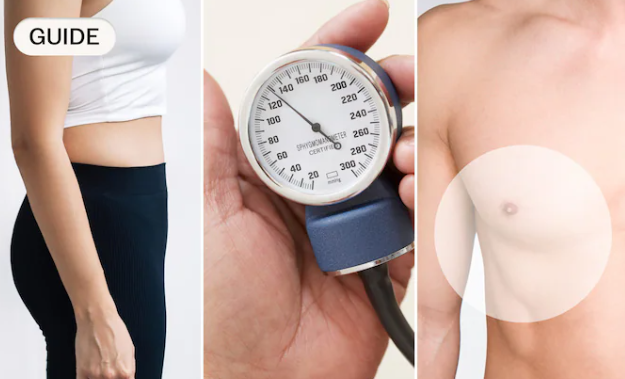
You could be interested in resetting your habits, getting healthier, or just enjoying the process of joining Dry January because it really works for positive change in wellness.

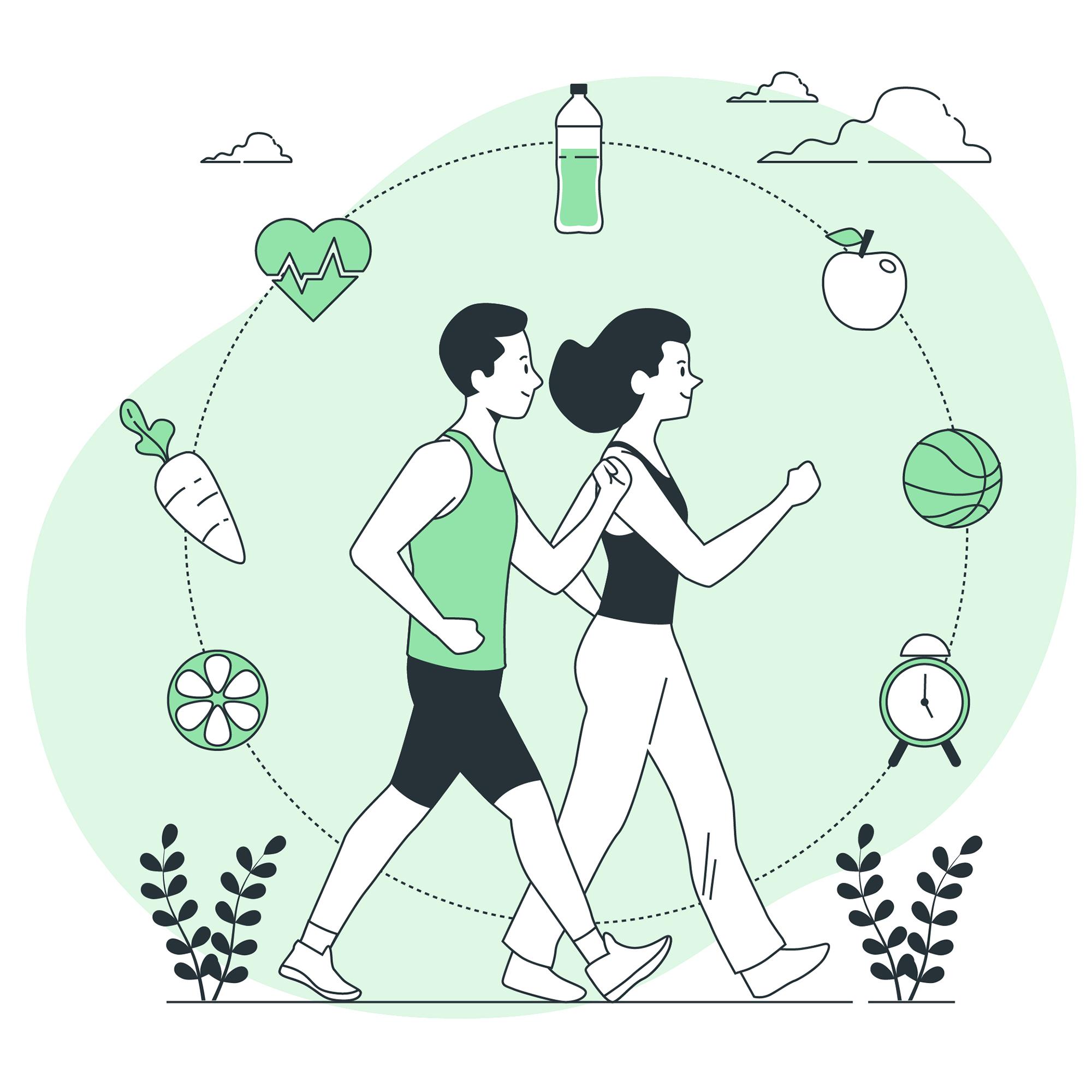





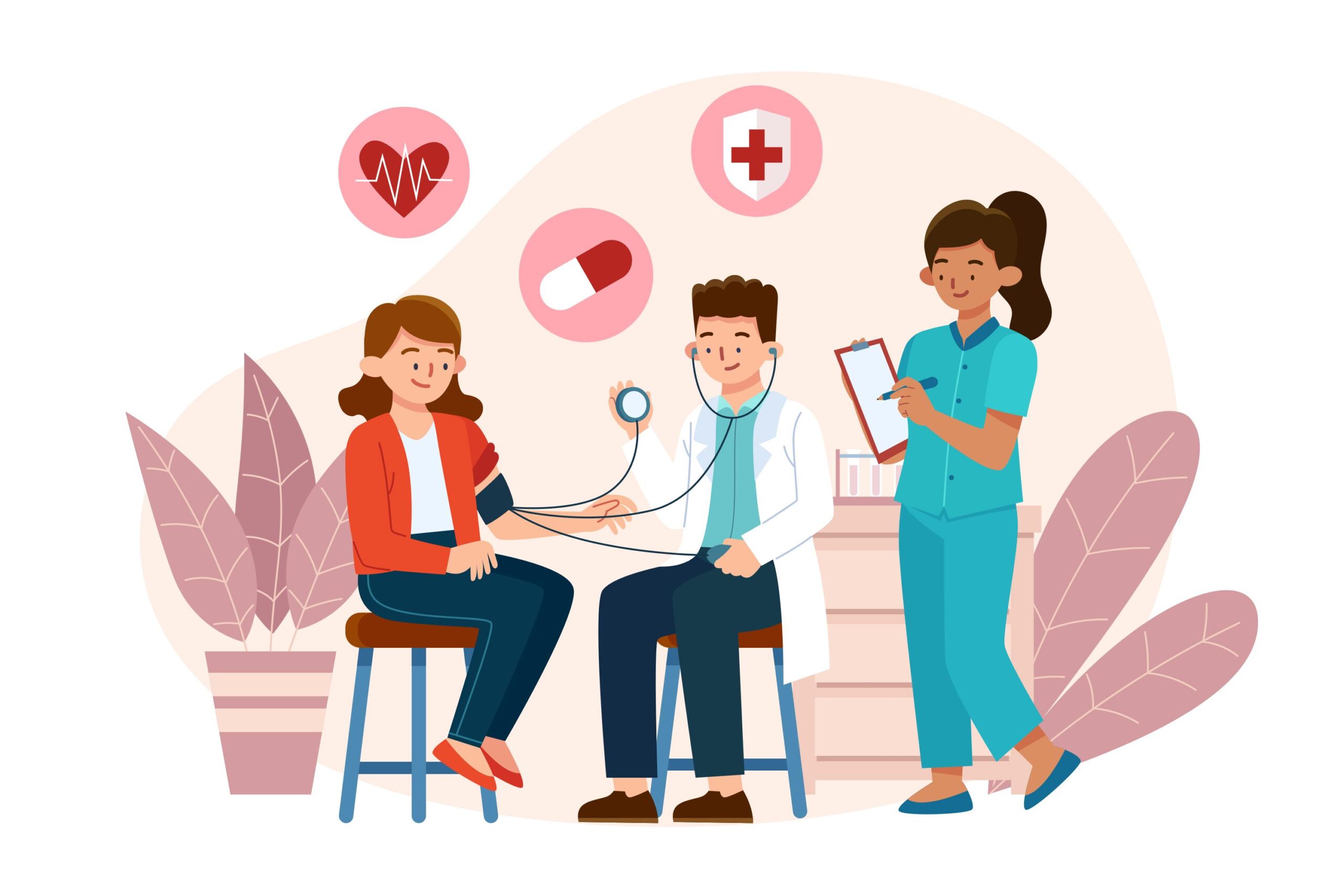
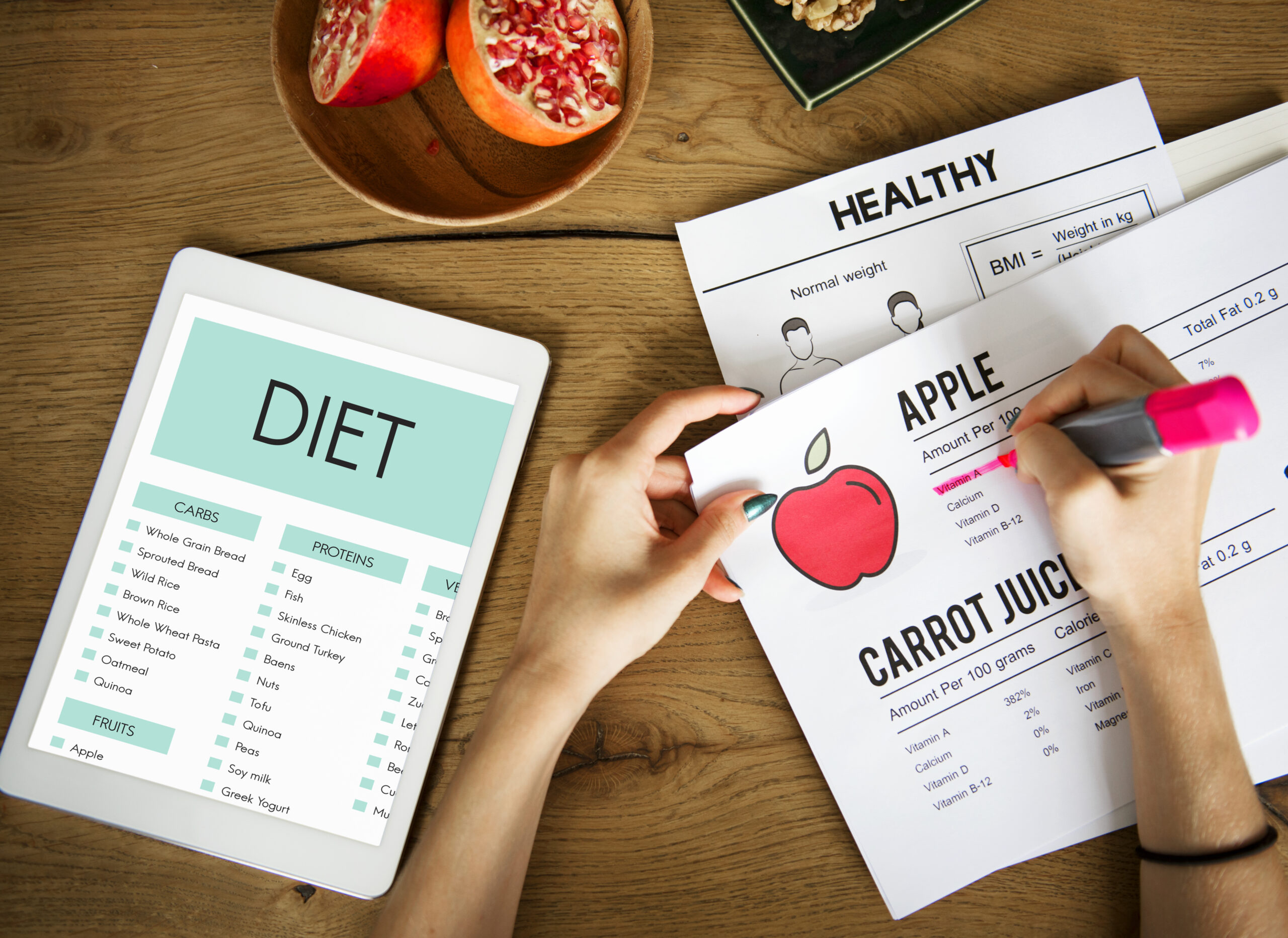


Leave a Reply